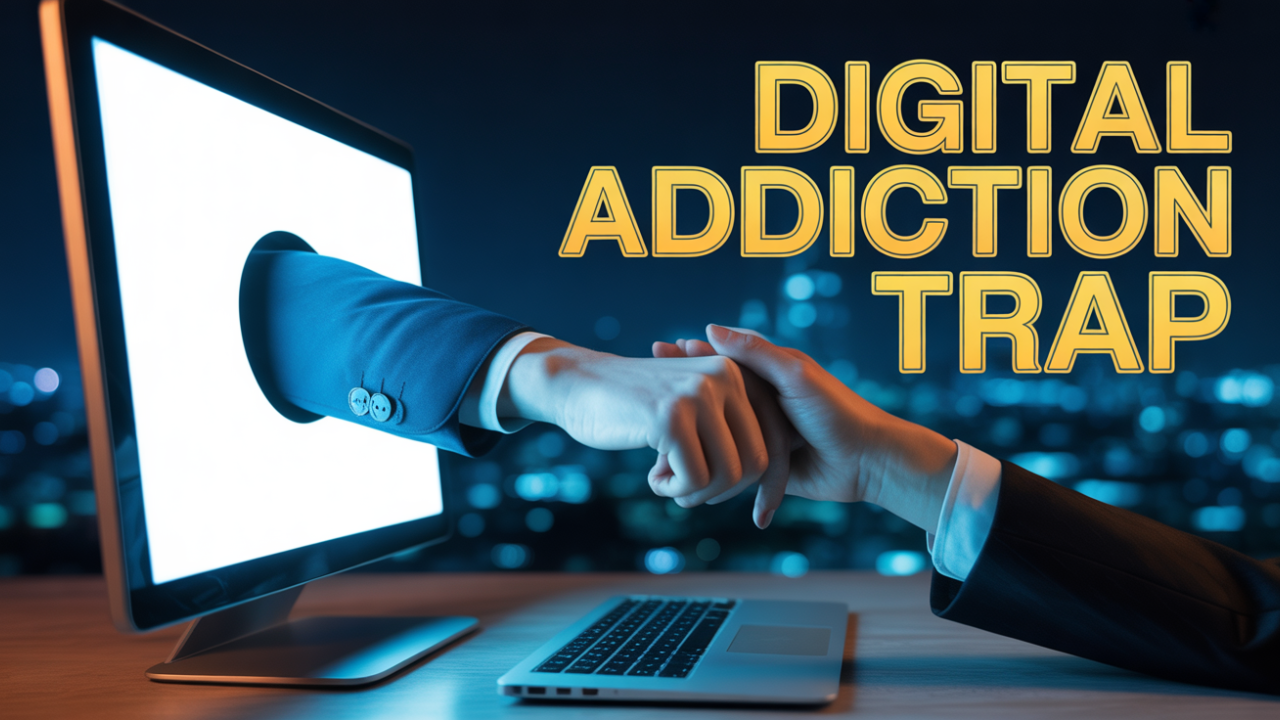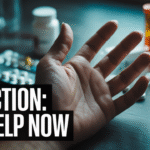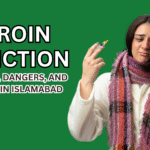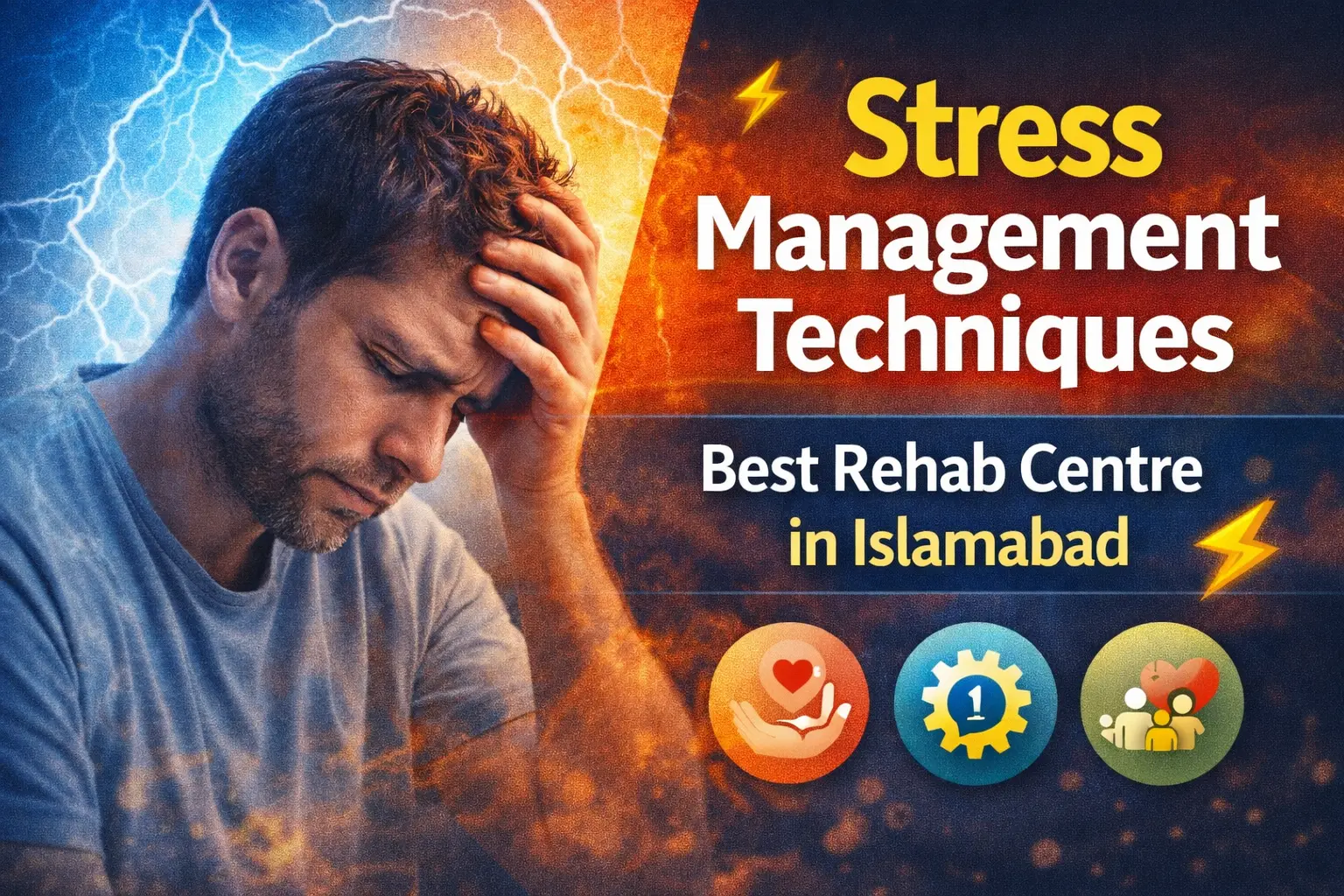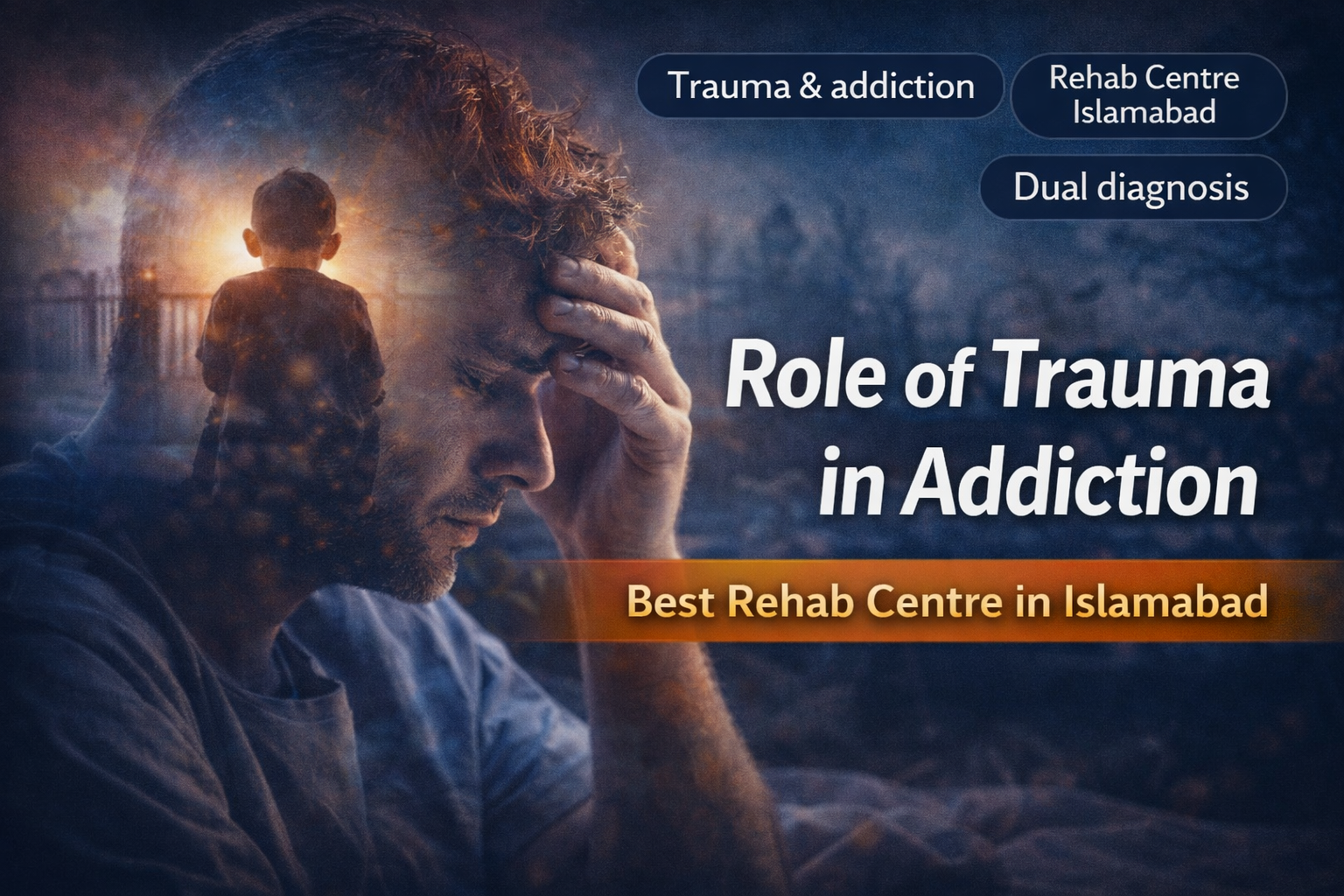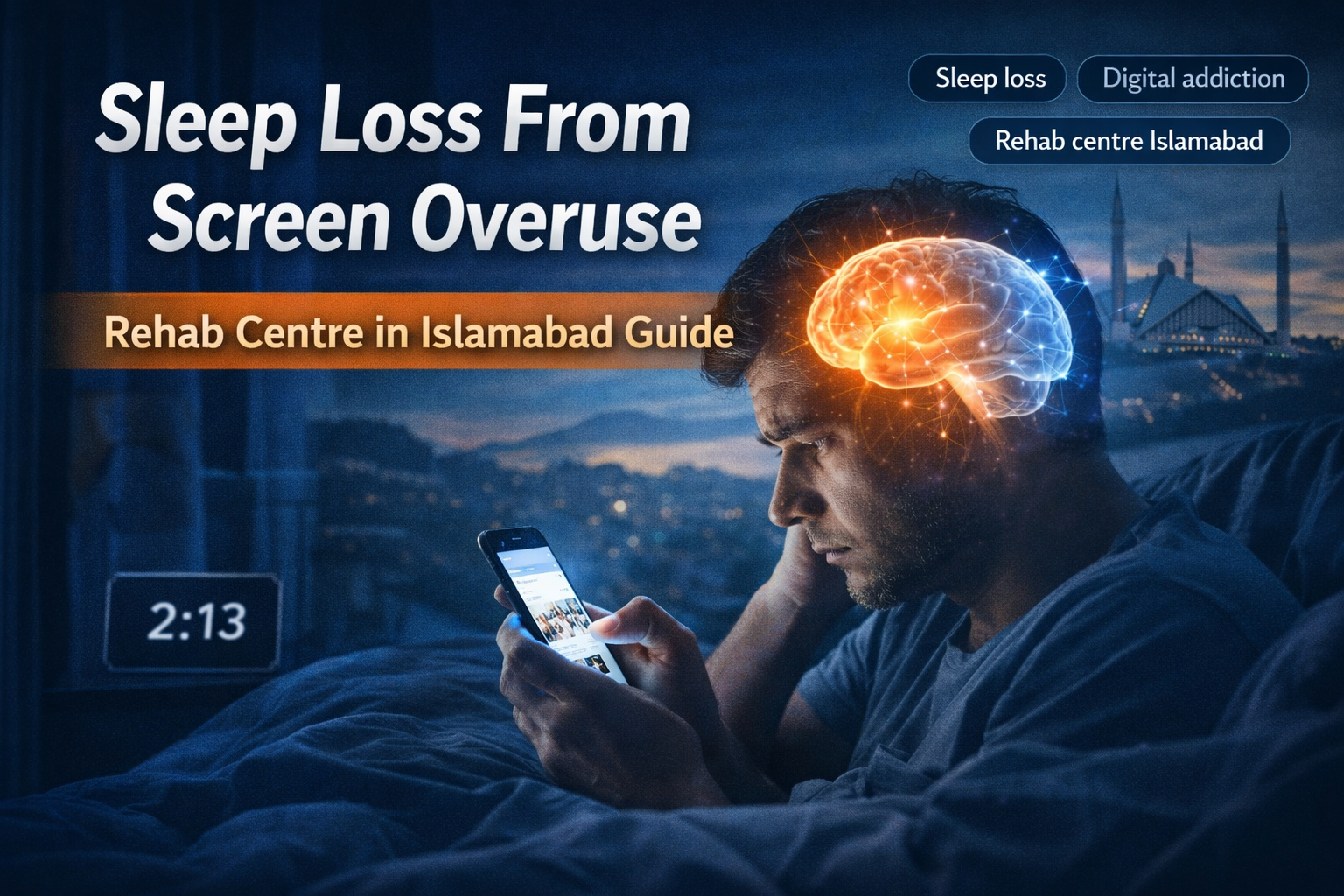Internet addiction has become one of the fastest-growing behavioural issues worldwide, especially among young people. Constant access to smartphones, social media, gaming, and online entertainment has made it easy to lose track of time and slip into unhealthy patterns. When online activity begins to interfere with daily life, relationships, work, or mental health, it may …
Internet addiction has become one of the fastest-growing behavioural issues worldwide, especially among young people. Constant access to smartphones, social media, gaming, and online entertainment has made it easy to lose track of time and slip into unhealthy patterns. When online activity begins to interfere with daily life, relationships, work, or mental health, it may be a sign of internet addiction.
This guide explains the signs, risks, and treatment options, especially for people in Pakistan who may be dealing with excessive internet use.
What Is Internet Addiction?
Internet addiction refers to a compulsive and uncontrolled need to stay online. A person may feel unable to cut back on screen time, even when they want to. Over time, this affects physical health, mental well-being, sleep, productivity, and family life.
Unlike casual browsing, internet addiction becomes a problem when it disrupts normal routines and causes distress.
Common Signs of Internet Addiction
- Recognizing the symptoms early can help prevent long-term problems. Some of the most common signs include:
1. Losing Control Over Online Use
- Someone may spend hours online without realizing it or keep using the internet despite wanting to stop.
2. Ignoring Responsibilities
- Work, school, and daily tasks are delayed or ignored because of constant scrolling, gaming, or streaming.
3. Mood Changes When Offline
- Irritability, stress, restlessness, or anger when not connected to the internet.
4. Using the Internet to Escape
- People often turn to online platforms to avoid stress, loneliness, or emotional discomfort.
5. Social Withdrawal
- Preferring online activities over face-to-face interactions with family and friends.
6. Physical Discomfort
- Eye strain, headaches, neck pain, poor posture, and hand/wrist pain from long hours on devices.
7. Sleep Disturbance
- Difficulty falling asleep due to late-night screen use or obsession with notifications.
Risks and Health Effects of Internet Addiction
- Internet addiction affects more than just screen time. It can influence every area of life, including:
Physical Health Problems
- Poor posture and body pain
- Eyestrain and headaches
- Increased risk of obesity due to inactivity
- High stress levels and weakened immunity
Sleep Issues
- Trouble falling asleep
- Disrupted sleep cycles
- Daytime fatigue
- Increased anxiety due to lack of rest
Mental Health Challenges
- Anxiety and depression
- Low self-esteem
- Difficulty concentrating
- Impulsive behavior
- Loneliness and social isolation
Impact on Daily Life
- Strained relationships
- Poor work or academic performance
- Financial issues from online spending
- Reduced productivity and motivation
How Internet Addiction Affects Mental Health
Excessive internet use can play a major role in mental well-being. It increases stress hormones, affects emotional stability, and reduces real-world social interactions. People may experience:
- Loss of interest in offline activities
- Increased dependence on virtual validation
- Difficulty managing emotions
- Negative thoughts and low confidence
In severe cases, it may contribute to depression, anxiety disorders, and other behavioral conditions.
Treatment Options for Internet Addiction
Treatment works best when it combines psychological support, lifestyle improvements, and professional care. Here are the most effective approaches:
1. Cognitive Behavioral Therapy (CBT)
CBT helps individuals understand their triggers, change harmful patterns, and build healthy digital habits.
2. Digital Detox
Scheduled breaks from screens, reduced usage time, and creating device-free zones in the home.
3. Healthy Lifestyle Habits
- Regular exercise
- Outdoor activities
- Balanced sleep routine
- Reduced screen exposure before bed
4. Professional Counseling
Therapists can help address emotional issues such as stress, depression, or anxiety that often fuel internet addiction.
5. Structured Rehab Programs
For severe cases, a rehabilitation environment provides monitoring, therapy, and personalized recovery plans.
6. Relapse Prevention Plans
Setting boundaries, recognizing triggers, and building healthy coping strategies for long-term stability.
Why This Matters in Pakistan
With internet use growing rapidly, more individuals, especially teenagers and young adults are becoming vulnerable to online dependency. Awareness, early intervention, and access to professional support can make a huge difference in preventing long-term harm.
Rehab clinics that specialize in behavioral addictions, like internet addiction, play an important role in helping individuals regain control and rebuild healthier lifestyles.
Final Thoughts
Internet addiction is a real and growing issue, but recovery is absolutely possible with the right support. Understanding the signs, addressing the risks, and seeking timely treatment can help individuals return to a balanced, healthy life.

